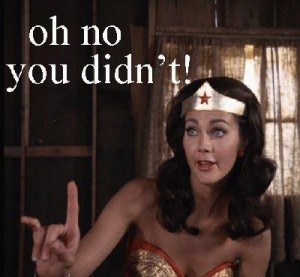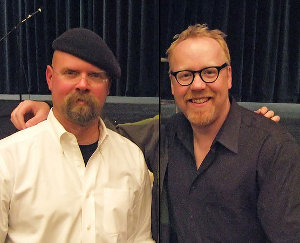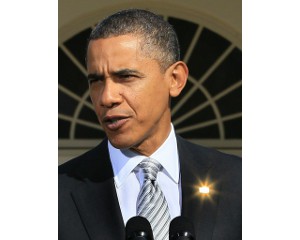
Matt Yglesias provides a delightful, yet long winded, romp through the history of the Star Trek franchise. It’s a must-read for any serious Trekkie. For the rest of you, suffice it to say that what made Star Trek great was its vision of a somewhat utopian future.
Trek envisioned a world not based on economics and acquisition of stuff, but a world where people were motivated by a desire to learn more, to better themselves. It was more about cooperation than competition.
This didn’t mean the Star Trek universe didn’t have its share of bad guys, but success was often about diplomacy and respect of alien culture. Blowing stuff up was a last resort. Granted, it wasn’t an uncommon last resort, but it wasn’t the primary point of the show.
Yglesias also observes that the new rebooted movie franchise, while great fun, has sort of lost this vision. It’s become more a series of sci-fi adventure flicks than the morality tales that defined the 5 TV series. It’s great popcorn entertainment, but it’s not really what Trek was all about. Yglesias blames this on the medium—that feature length films don’t lend themselves to the same type of storytelling as the small screen. Maybe he’s right.
All this got me to thinking about why I’ve always preferred Star Trek to Star Wars. While I’ve enjoyed the Star Wars movies, they simply aren’t as personally compelling to me. Astrophysicist Neil deGrasse Tyson says for him it’s because Trek stays more true to science as we understand it. Phasers just seem hard to build, while light sabers seem to require different laws of physics. As a science geek myself, I like the bad science explanation, but I don’t think that’s it.
In the end it’s rather simple. The universe of Star Trek is a place I’d like to live. Star Wars? …not so much. And it’s not even that Star Wars is always centered on, well, wars… and frankly, war zones aren’t appealing places to live. But the overall culture is maybe too familiar. In some ways it’s too similar to the world we live in. Governments are corrupt. Power struggles and armed conflict are rampant. Everyone is constantly angling for an advantage. Thanks, I can turn on CNN and see that.
Yet in the Trek world, I can explore, learn, grow, and I still occasionally get to blow something up. It may still have dangers, but it’s an inviting and appealing culture. It emphasizes the best in humanity while recognizing that the worst still lurks.
It’s not clear this difference is because Star Wars was spawned from feature films rather than television. Each writer built their universe to suit their vision and the story they wanted to tell. Roddenberry was an optimist. He believed the best in people would always prevail and projected a future where it truly blossomed. Lucas was more of a realist. He reprojected the culture of man onto a different galaxy and gave them hyperdrives and blasters.
Bottom line: If the Enterprise (any of them, NX, NCC, A, B, C, D, E, or Q for that matter) drops into orbit and offers to take me on as a crewman, I’ll be texting Kim from space that I will be out of town for awhile. I will be boldly gone. Hell, I’ll even agree to wear a red shirt. But if the Millennium Falcon drops by, I may well go for a joy ride, but I’ll be home for dinner.



